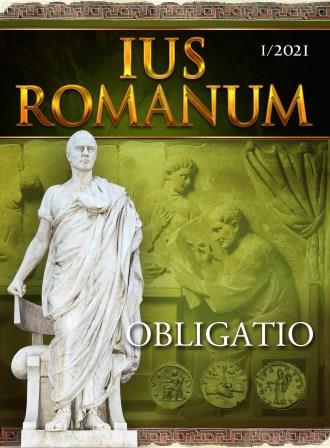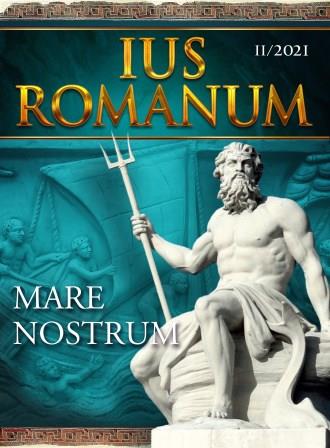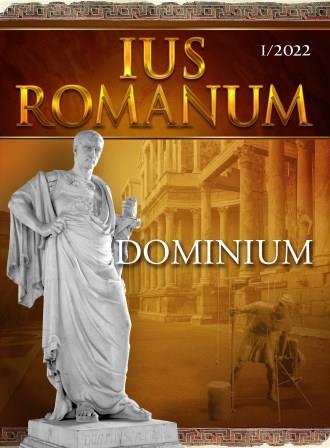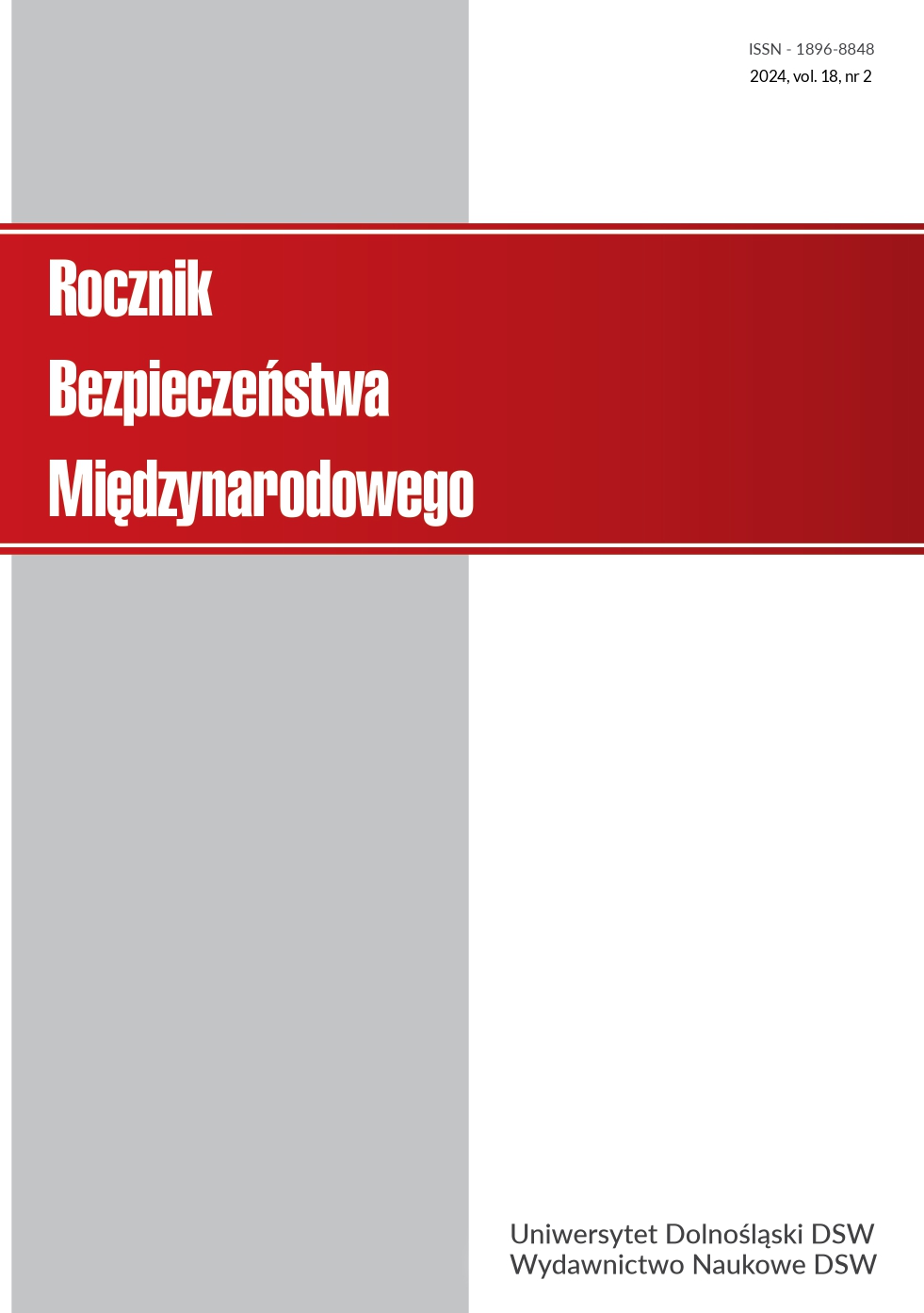Rada Arktyczna jako forum pokojowej współpracy w Arktyce
The Arctic has been affected by the climate change stimulated institutionalisation of cooperation among ‘Arctic nations’, and the Arctic Council has been influential toward a peaceful future. The purpose of the paper is to analyse the Council as a regional intergovernmental organisation facilitating nonviolent cooperation and collaborative solutions toward the Arctic, preserving its ecosystems and natural environment. The research questions are how the Council deals multidimensionally with the Arctic and what is conflict potential due to security developments. The thesis is that the Council is effectively performing its missions as a cooperation forum despite differing agendas among members and observes. One of the reasons is that the military aspect is not included in the agenda. The paper is based on qualitative research founded on academic papers and official documents, including member states and observer nations’ perspectives and positions toward the region and Council. The assumption is that the Council must distinguish between individual national and shared goals to preserve peaceful cooperation. The teamwork is essential but is increasingly complicating as of differing nations’ agendas. The paper is contributing to systematise the perception of the Council and the challenges it is facing.
More...




